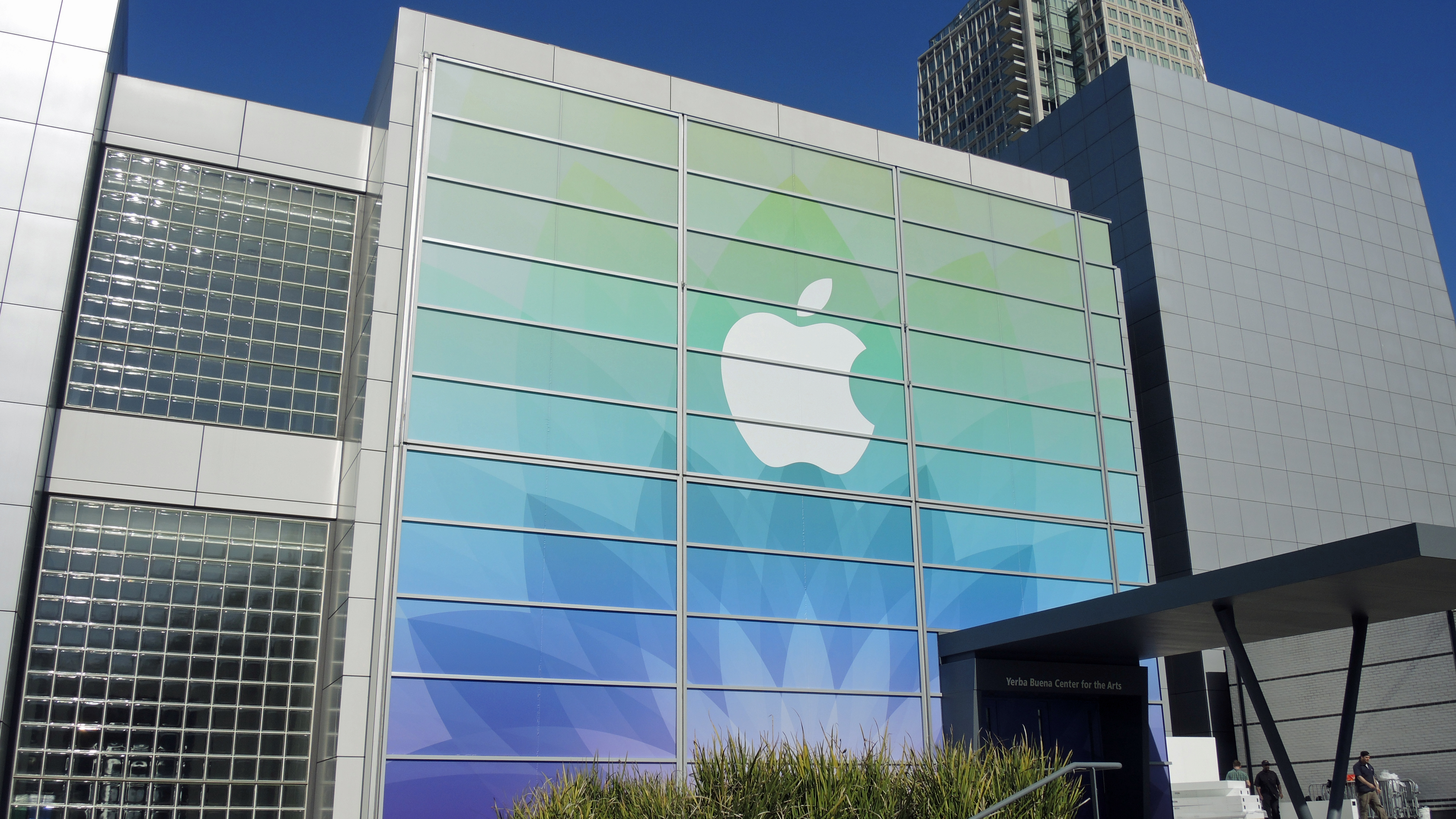It's over: FBI successfully accesses data on San Bernardino iPhone without Apple
'This case should never have been brought', says Apple

Sign up for breaking news, reviews, opinion, top tech deals, and more.
You are now subscribed
Your newsletter sign-up was successful
And just like that, the tempestuous battle between Apple and the US government over a locked iPhone is done.
The FBI has successfully accessed the data stored on San Bernardino terrorist Syed Farook's iPhone, according to a filing today by federal prosecutors.
That means the government "no longer requires the assistance from Apple Inc." it had sought through a court order filed last month.
The short filing concludes by asking that the order, which would have forced Apple to build a special software to circumvent the phone's security measures, be thrown out. The court granted the government's request to vacate the order.
After more than a month of court orders, legal briefs and public blustering, the case as it stood is now effectively over.
Turn of events
The last week has seen a stunning turn of events in the encryption battle that had the government squaring off with the largest technology company on the planet. At one point, the two were headed for a hearing, and the case could have gone all the way to the US Supreme Court.
Then, little more than a week after slamming Apple's arguments in a filing, the government suddenly revealed that a third party had come forward with a possible method for unlocking the phone. Israeli mobile forensics firm Cellebrite was floated as the party helping the FBI.
Sign up for breaking news, reviews, opinion, top tech deals, and more.
Today's filing makes no mention of what method the government used to ultimately access the data on Farook's phone. What's more, we don't know what information the FBI found, or if it will be of any use to its investigation.
Is it really over?
The vacated court order amounts to a win for Apple as it won't be forced to create what it considers a backdoor into the iPhone, one it had argued would have put hundreds of millions of users at risk.
But this is just one case, and there's been no indication whether this method will work on iPhones in other cases where the US government is seeking Apple's assistance, such as this one in New York. While Apple won't have to unlock the San Bernardino iPhone, the truth is we may see recent history repeat itself in other cases down the line.
The issues brought to light by Apple vs the FBI - antiquated laws ill-equipped to deal with 21st Century technology, how far the government can go in seeking assistance from a private company, weighing privacy versus security when so much information is stored on cell phones - shouldn't be swept under the rug now that the book is closed in this case.
I wouldn't be surprised if Congress decides to act, or if President Obama steps in with some directive to tackle these issues and update US laws. The case leaves too many questions unanswered, ones we'll likely see over and over unless the laws change.
We've asked Apple whether it plans to pursue finding out what method the FBI used to unlock the iPhone, and will update this story when we hear back with that information.
Update: The Department of Justice and Apple each issued statements on the FBI's hack of Farook's iPhone late Monday.
"It remains a priority for the government to ensure that law enforcement can obtain crucial digttal information to protect national security and public safety, either with cooperation from relevant parties or through the court system," the statement read.
The last bit is an ominous sign that the government is willing to go through all of this again, with Apple or any other company, if it needs assistance unlocking devices in the future.
For its part, Apple issued a lengthy response:
"From the beginning, we objected to the FBI's demand that Apple build a backdoor into the iPhone because we believed it was wrong and would set a dangerous precedent. As a result of the government's dismissal, neither of these occurred. This case should never have been brought.
"We will continue to help law enforcement with their investigations, as we have done all along, and we will continue to increase the security of our products as the threats and attacks on our data become more frequent and more sophisticated.
"Apple believes deeply that people in the United States and around the world deserve data protection, security and privacy. Sacrificing one of the other only puts people and countries at greater risk.
"This case raised issues which deserve a national conversation about our civil liberties, and our collective security and privacy. Apple remains committed to participating in that discussion."

Michelle was previously a news editor at TechRadar, leading consumer tech news and reviews. Michelle is now a Content Strategist at Facebook. A versatile, highly effective content writer and skilled editor with a keen eye for detail, Michelle is a collaborative problem solver and covered everything from smartwatches and microprocessors to VR and self-driving cars.